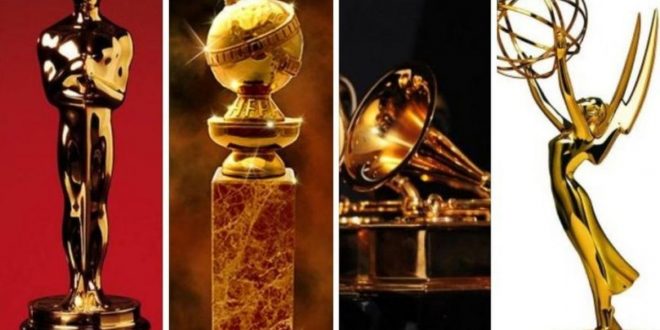
In 2019, Canadian Rapper Drake won the ‘best rap song’ at the GRAMMYS. In his viral celebratory speech that is engraved in the sands of time, he said the following words;
“I want to take this opportunity while I’m up here to just talk to all the kids that are watching this, aspiring to do music,” Drake said. “All my peers that make music from their heart that do things pure and tell the truth, I wanna let you know we’re playing in an opinion-based sport not a factual-based sport. So it’s not the NBA where at the end of the year you’re holding a trophy because you made the right decisions or won the games.”
“This is a business where sometimes it’s up to a bunch of people who might not understand what a mixed race kid from Canada has to say or a fly Spanish girl from New York or anybody else, or a brother from Houston right there, my brother Travis [Scott]. But my point is you’ve already won if you have people singing your songs word for word, if you’re a hero in your hometown. Look, if there’s people who have regular jobs who are coming out in the rain, in the snow, spending their hard earned money to buy tickets to come to your shows, you don’t need this right here. I promise you, you already won.”
The broadcast cut to commercial before Drake finished speaking.
Although this speech which continually re-surfaces during major music award moments over the last two years seemed to allude to the Recording Academy’s debatable track record with hip hop and artists of color. With the emergence of Afrobeats in the picture, who is to say the Afrobeat genre & culture is elusive to incomprehension.
Even if/when efforts are made by foreign academies to recognize and understand African-birthed projects, it reeks of performative representation with little or no authenticity. This begs these questions, “what/where does the future hold for international awards and Afrobeats, Nobel literature prizes and Nollywood?. Is this to insinuate that they should not foster diversity in their ceremonies?. Well, it depends. Whether it is through music, film, or literary works, the celebration of African culture is more than a box to tick. If individuals involved in the process of nominations, and voting truly understand what it means to be African, the stories surrounding the artists, filmmakers, and creatives who work on these projects, then we should go for it! and deal with whatever results that follow knowing the process was objectively executed devoid of western sentiments.
Moving forward, what must be done by Nigerian and other African creative industries to enhance its celebration of its own excellence?
Nigeria being the epicenter of pop culture in Africa must be the giant it claims to be. It goes beyond saying that we should revere our own awards ceremonies with more prestige. Across African countries, creative industries should generously involve in one another’s awards ceremonies. This will enable a bold Pan-African alliance that dismisses the need to seek international validation. If this is done, Wizkid losing a GRAMMY, or Kemi Adetiba not being nominated for the Oscars will not be a big deal. It is exemplary to seek international acclaim, but not at the cost of us losing our cultural identity in the process; not at the risk of putting foreign takes over ours.
 Top Naija News: Nigerian News, Breaking News Nigeria and World News Top Naija News is a daily news publication in Nigeria, delivering the latest breaking news in Nigeria and around the world.
Top Naija News: Nigerian News, Breaking News Nigeria and World News Top Naija News is a daily news publication in Nigeria, delivering the latest breaking news in Nigeria and around the world.




